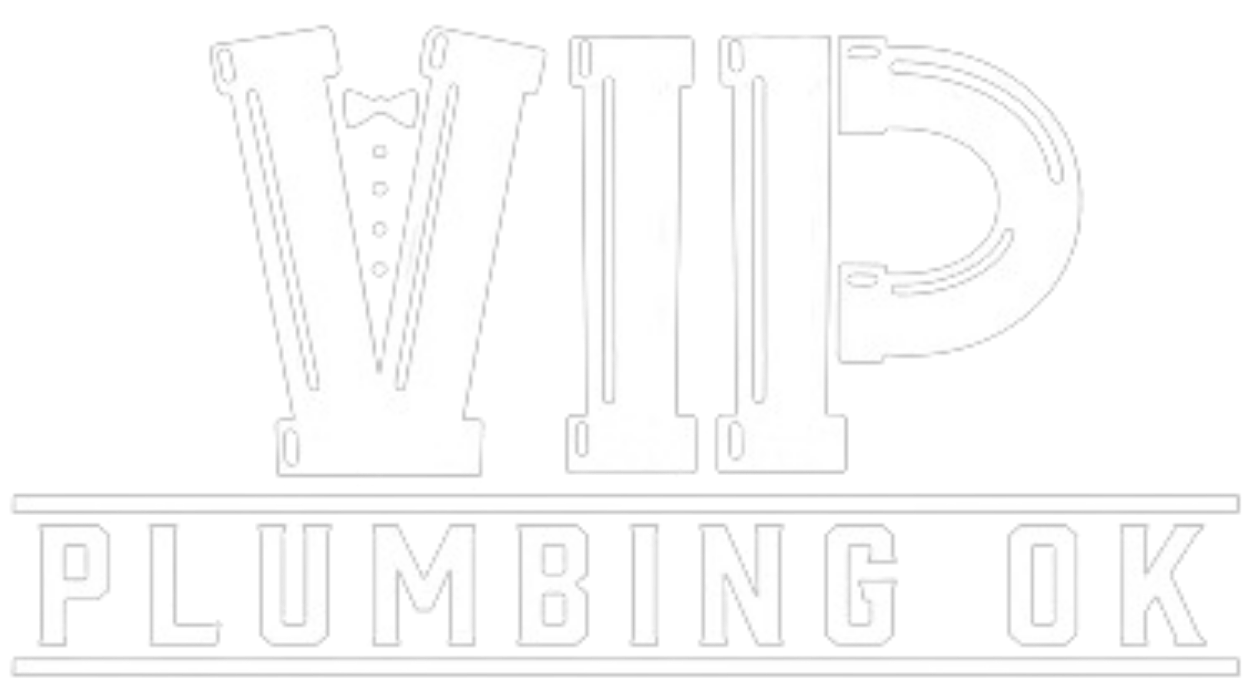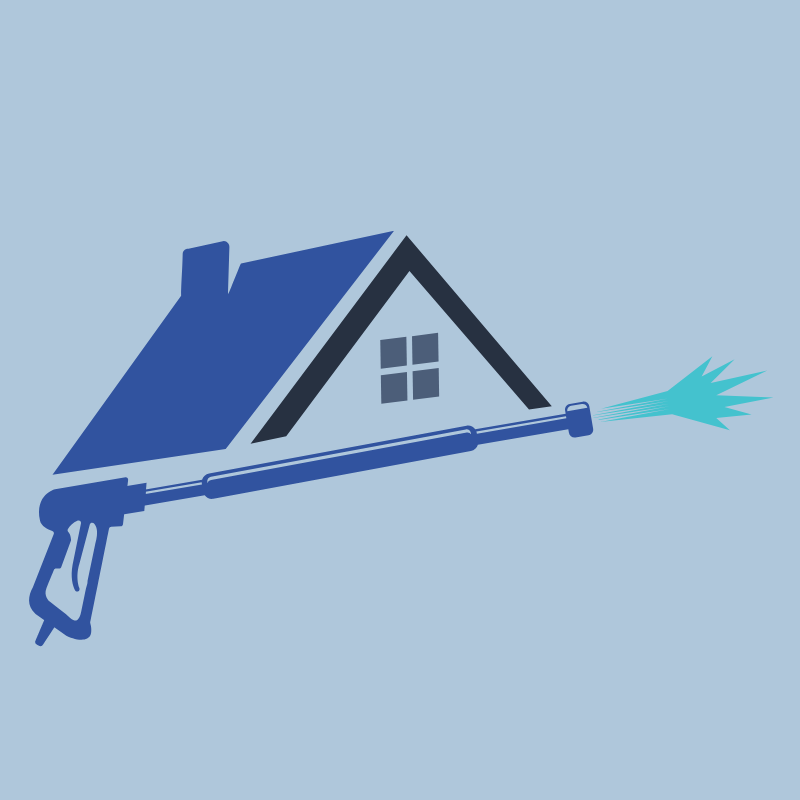Water pressure is a crucial aspect of any residential plumbing system. It determines the flow rate of water through faucets, showers, and appliances. It is essentially the force exerted by water as it flows through pipes, and understanding it is key to maintaining a well-functioning plumbing system.
In this article, we will explore what water pressure is, how it is measured, the ideal water pressure for homes, common issues related to high or low water pressure, and ways to prevent these problems. Understanding water pressure more fully will help you keep your pressure within an appropriate range and avoid the issues commonly connected to improper water pressure in residential settings.
What is Water Pressure?
Water pressure refers to the force that pushes water through pipes and plumbing fixtures. It is measured in pounds per square inch (psi). When you turn on a tap or run a shower, the pressure determines how strong or weak the flow of water will be.
Proper water pressure ensures that household tasks such as washing dishes, showering, and doing laundry are efficient and effective. Too fast water can damage plumbing pipes, and water with too low pressure can waste time and cause irritation.
How is Water Pressure Measured?
Water pressure is typically measured using a pressure gauge. This device can be attached to an outdoor hose bib or any accessible faucet in your home. As water passes through the gauge it provides a reading in psi, allowing homeowners to determine if their water pressure is within the ideal range. Most residential water systems operate efficiently between 40 and 60 psi, with 50 psi being considered optimal.
Ideal Residential Water Pressure
For most homes, the ideal water pressure ranges between 40 and 60 psi. At this level, you can expect a strong, steady flow of water that is sufficient for everyday tasks without causing undue stress on your plumbing system or your nerves.
Plumbing Issues Related to Water Pressure
Water pressure above 80 psi is considered too high and can lead to various plumbing issues, while pressure below 30 psi is usually too low, resulting in weak water flow. Here, we discuss what you can expect if your water pressure is out of the normal range.
High Water Pressure
High water pressure can cause significant damage to your plumbing system. Common issues include:
Leaky Pipes and Fixtures
Excessive pressure can strain pipes and joints, leading to leaks and water damage. As water pushes through the pipes and fixtures, it creates friction, which, over time, exerts extra wear and tear on plumbing components. This is a waste of financial resources and will lower the value of your home.
Shortened Appliance Lifespan
Appliances like water heaters, dishwashers, and washing machines may wear out faster due to the increased stress. Appliances and fixtures are designed to last for many years, and every homeowner hopes to maximize the lifespan of their plumbing system. Something as simple as improper water pressure can change all of that!
Water Waste
Higher pressure often leads to more water being used, which can increase utility bills. Homeowners are creatures of habit and learn to use water in certain patterns, so if water is running faster than it should, they will not change their behavior to meet this higher water pressure. In other words, if they are conditioned to take ten-minute showers, they will still do so regardless of the water pressure, using more water than is necessary.
Pipe Banging
When running a tap or shower, you may hear a banging sound coming from the plumbing pipes. This condition is known as a water hammer and occurs when the high-pressure flow of water suddenly stops, causing pipes to bang. This condition can weaken pipe supports and potentially cause damage to plumbing pipes. In addition, it creates a stressful environment listening to constant banging noises which should not be tolerated!
Low Water Pressure
Low water pressure can be equally problematic, creating frustration for home residents. It can waste time as you wait for a bucket to fill or cause embarrassing situations when there is not enough oomph to completely empty a toilet bowl when flushing! Here are some other disadvantages to low water pressure.
Inefficient Appliances
Appliances that rely on water may not function properly, leading to longer washing times and inefficient operation. Imagine how long it would take to run a load of laundry with water that runs at half speed.
Poor Fixture Performance
Showers and faucets may produce weak streams, making daily tasks more difficult and significantly reducing the quality of living as members frustratingly wait for diminished water flow to complete ordinary tasks.
Clogged Pipes
Insufficient water flow can result in sediment buildup and clogs, further reducing pressure and potentially causing blockages. A strong flow of water keeps the pipes cleaner and less affected by the negative consequences of sediment-ridden hard water.
Causes of Water Pressure Issues
Several factors can contribute to high or low water pressure. Understanding these causes can help homeowners maintain a consistent and accurate water pressure.
Municipal Supply Issues
Sometimes, the problem originates from the municipal water supply. High pressure can result from the city’s supply being too strong, while low pressure can stem from infrastructure issues or maintenance work. While this is not under a homeowner’s control, these situations are likely to be temporary and, therefore, more tolerable.
Pressure Regulator Failure
A faulty pressure regulator can lead to incorrect water pressure levels. This device helps maintain consistent pressure within your home’s plumbing system and adjusts water entering the property that is too high and thus potentially damaging.
Pipe Blockages
The accumulation of minerals and debris in pipes can restrict water flow, causing low pressure. This is especially true in homes with excessively hard water. The minerals in this type of water will cling to pipe interiors, leading to slow-moving water where debris can more easily be deposited.
Leaks
Undetected leaks in your plumbing system can significantly reduce water pressure. As water intended to reach your taps is seeping out of pipes and into the building materials surrounding the leak, the water pressure decreases while the chance for costly damages increases.
Preventing Water Pressure Issues
Preventing water pressure problems involves regular maintenance by skilled professionals and timely repairs to minimize water waste and reduce damages.
Install a Pressure Regulator
A pressure regulator, also known as a pressure-reducing valve (PRV), can help maintain consistent water pressure within the ideal range. To ensure their accuracy, they should be installed by a professional plumber and monitored during ongoing plumbing inspections.
Regular Inspections
Have a professional inspect your plumbing system regularly to detect and fix issues before they become more severe. We recommend a yearly inspection, which allows the technician to understand your entire plumbing system so early signs of a problem are more easily detected. A history of past problems is recorded to provide invaluable clues to assist when diagnosing future issues.
Clean Pipes and Fixtures
Periodically cleaning your pipes and fixtures can prevent sediment buildup that leads to blockages. If the buildup becomes too severe, a repiping of the home’s plumbing pipes may be needed, which is a time-consuming and costly procedure you will want to avoid.
Address Leaks Promptly
Fix any leaks as soon as they are detected to prevent them from affecting your water pressure. A trained and experienced plumber can inspect the plumbing regularly to address these more effectively.
Install A Water Softener
Installing a softener will turn your water from hard to soft, allowing for less strain on plumbing pipes, fixtures, and water-using appliances. Removing the damaging minerals like calcium and magnesium will greatly extend the life of your system.
Looking To Regulate Your Water Pressure?
Understanding and maintaining the right water pressure in your home is essential for the longevity and efficiency of your plumbing system. If you’re experiencing issues with your water pressure or need professional advice, VIP PlumbingOK is here to help. Our experienced team can assess, diagnose, and fix any water pressure problems, ensuring your home’s plumbing system operates at its best. Contact VIP PlumbingOK today to schedule an inspection or consultation! We are experts ready to tackle your water pressure issues and return your plumbing system to one that works effectively and efficiently! Give us a call today!

